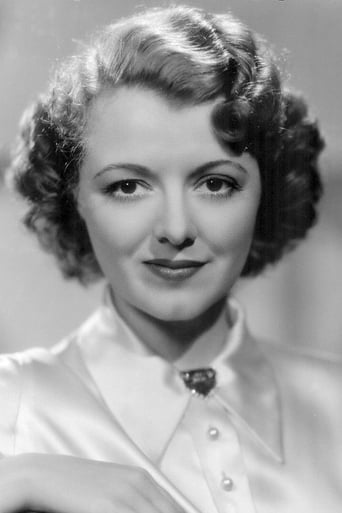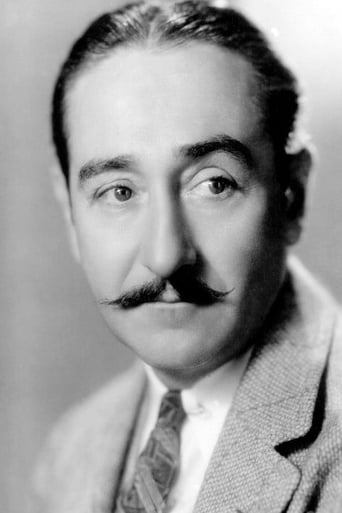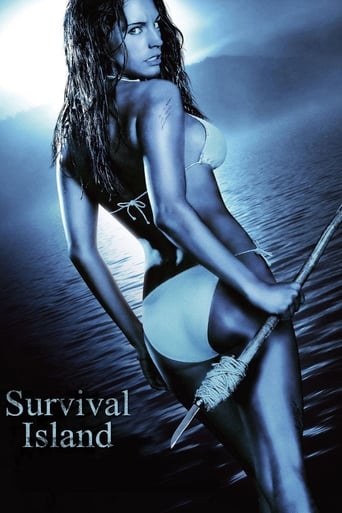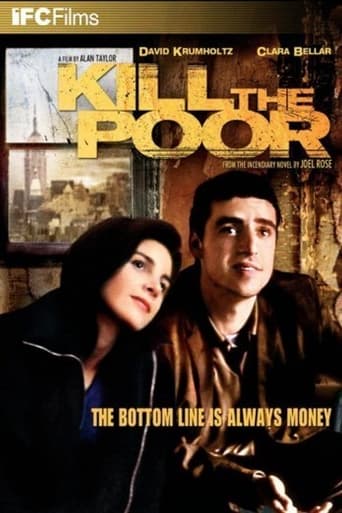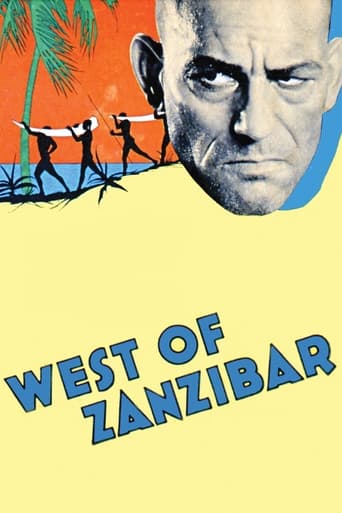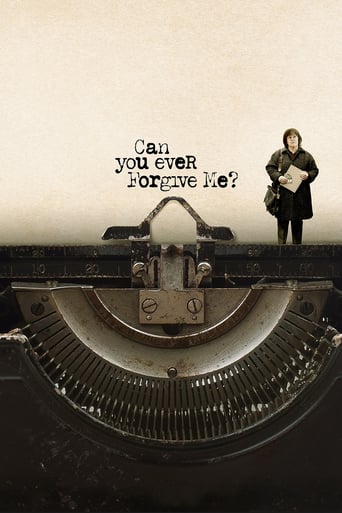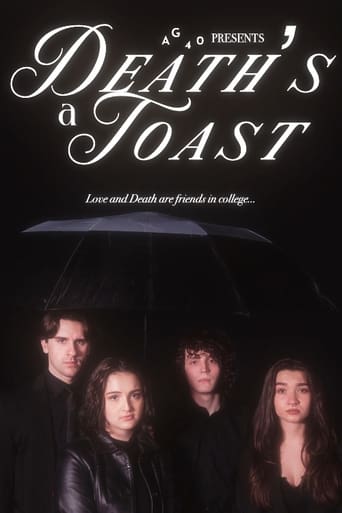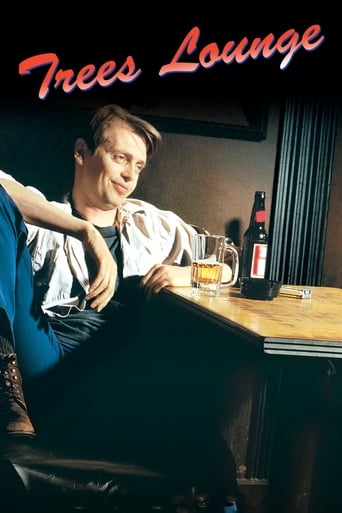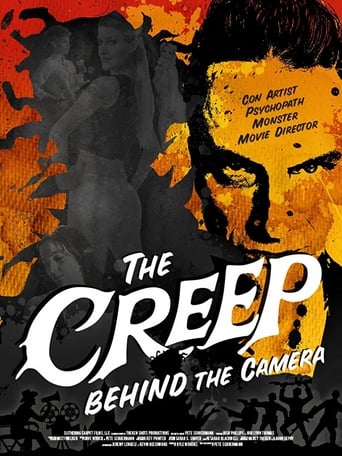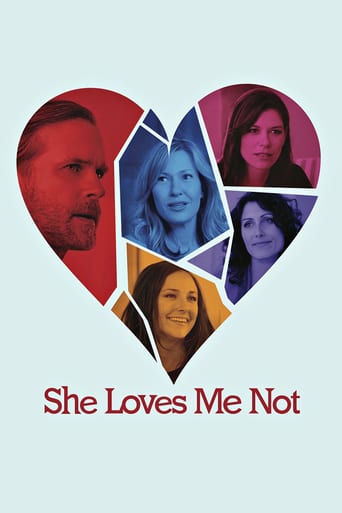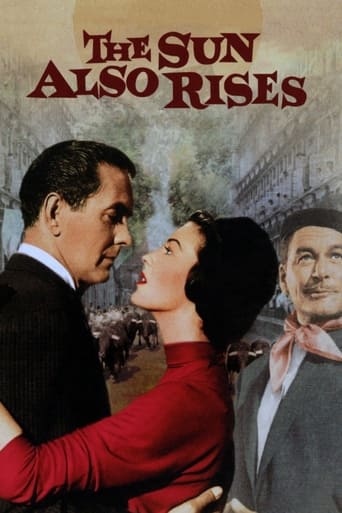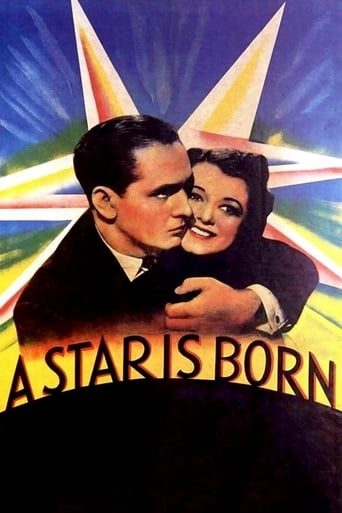
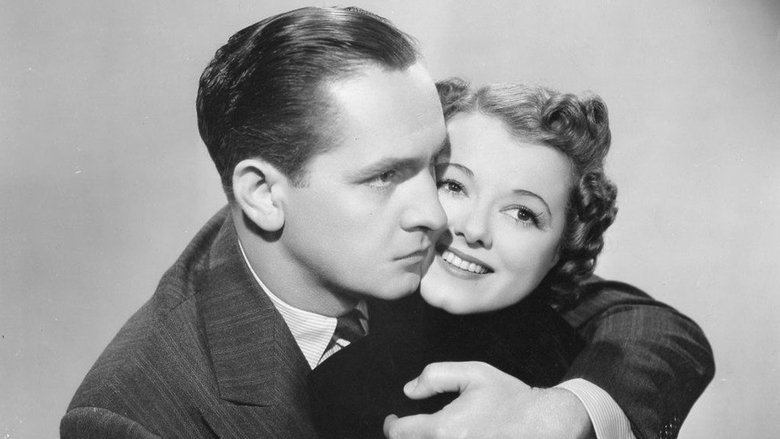
A Star Is Born (1937)
Esther Blodgett is just another starry-eyed farm kid trying to break into the movies. Waitressing at a Hollywood party, she catches the eye of her idol Norman Maine, is sent for a screen test, and before long attains stardom as newly minted Vicki Lester. She and Norman marry, though his career soon dwindles to nothing due to his chronic alcoholism.
Watch Trailer
Cast


Similar titles
Reviews
The story that would make it to the screen no less than three times over the years debuted in this Selznick International release from 1937.Everyone knows the story -- woman goes to Hollywood to make it big, makes it big, and then watches her famous has-been husband devolve into depression and alcoholism. It's a story that both glamorizes Hollywood and exposes the toll it takes on those who dare to survive in it.Janet Gaynor and Fredric March play the doomed couple, and William A. Wellman provides the direction. Technicolor was new at the time and it shows. W. Howard Greene received a special Academy Award for the film's color cinematography, but it's really a quite ugly film. The colors are muddy and murky, and the lighting choices are odd -- some scenes are so darkly lit it's literally difficult to see the actors, like a film noir in color."A Star Is Born" won the Academy Award for Best Original Story, which was written by Wellman and Robert Carson. Carson also snagged a nomination, along with Dorothy Parker and Alan Campbell, for writing the screenplay based on that story, but lost to the year's Best Picture winner, "The Life of Emile Zola." In addition to its two writing nominations, the film was also nominated for Best Picture, Best Director (Wellman), Best Actor (March), Best Actress (Gaynor), and Best Assistant Director, in only the fifth and final year that odd category would exist. As an Oscar buff, my favorite scene in the movie is the one set at an Academy Awards banquet, as it gives an indication of what the ceremonies were like before they moved to the more traditional theater settings we're used to now.Grade: B+
Copyright 7 June 1937 by Selznick International Pictures, Inc. Released through United Artists. New York opening at Radio City Music Hall, 22 April 1937 (ran 3 weeks). U.S. release: 30 April 1937. 12 reels. 111 minutes.SYNOPSIS: Unknown becomes star but finds that professional success doesn't bring domestic bliss.NOTES: Academy Award, Color Photography, W. Howard Greene. Academy Award, Original Story, William A. Wellman and Robert Carson (defeating Black Legion, In Old Chicago, The Life of Emile Zola, 100 Men and a Girl).Also nominated for Best Picture (The Life of Emile Zola), Best Actor, Fredric March (Spencer Tracy in Captains Courageous), Best Actress, Janet Gaynor (Luise Rainer in The Good Earth), Best Directing (Leo McCarey for The Awful Truth), Assistant Director (In Old Chicago), Screenplay (The Life of Emile Zola).Number 4 on The Film Daily annual poll of U.S. film critics. Negative cost: $1,221,382. Initial domestic rental gross: $2,550,000.Shooting commenced 31 October 1936 and finished 28 December 1936. Re-made in 1954 and again in 1976. The 1954 version starring Judy Garland, James Mason, Charles Bickford and Jack Carson, directed by George Cukor, is the best.COMMENT: A bit disappointing to see the original after all these years. Gaynor is no match for Judy Garland in the 1954 version. She looks far too old for the part. (She was in fact only 31, but the color camera is most unflattering. Nevertheless A Star Is Born was the high point of her professional career. Two films later, she married Adrian and retired, returning to the screen only once, co- starring with Pat Boone in the 1957 Bernadine.) The miscasting of Gaynor throws the whole film out of balance and off-key. March, however, does remarkably well and is more than a match for Mason in what is basically an unsympathetic part. We also much prefer Menjou to Bickford (a dull, heavy actor even at the best of times). Stander's vicious press agent is evenly matched with Jack Carson's 1954 interpretation. In each case, the role has been cleverly tailored by the writers to suit the player's distinctive personality. In fact, it's remarkable how closely the Garland remake follows the original script, merely eliminating the rustic background (and the May Robson role)* to make room for the musical numbers. All the same, the original screenplay doesn't have the sharpness, the wit, the incisiveness of the 1954 version and seems much tamer (and even duller) today than it was in 1937. The fault is compounded by Wellman's direction which is fairly straightforward and lacks the style Cukor brought to the later picture. Appealing color photography and great production values compensate.* Oddly enough, Selznick himself wanted to eliminate these scenes but was talked out of it by writer John Lee Mahin.
It struck me that the focus was a bit off in this movie - a focus established by the title, which seems to put the spotlight on Esther. Janet Gaynor was excellent in the part of Esther in what was basically a very good movie - but nothing (not even the title) should have implied that Esther was the focus of the movie. Esther as a character just really didn't make that much of a connection with me. I didn't care all that much about her.Esther was a naive and innocent country girl - dazzled by the movies; attending the "moving pictures" in town, and reading all the gossip magazines. She harbours a dream to go to Hollywood and become a star herself. Her family is either amused by her dream, or they're disdainful of it and even antagonistic toward it - except for her grandmother, who finally gives her the cash to travel to California. Once there, Esther doesn't have much luck finding acting jobs, and money is hard to come by. But one day, working as a waitress at a big Hollywood party, she meets movie star Harold Maine (Fredric March), who is smitten with her and arranges for her to star opposite him in his next movie. Renamed Vicki Lester, Esther becomes a huge star. It's a success story, a story of following your dreams. And that's fine - except that the focus of this really needed to be on Harold.First, March was absolutely superb in the part. But more than that, Harold was simply the more interesting character. His career was on the downswing by the time he met Esther. Parts were getting harder for him to find, the reviews were getting worse and he was starting to drink heavily. I was sympathetic to him, as I watched his entire life crumble around him. I was embarrassed for him as I watched him stumble from one drunken public escapade to another. He loved Esther, but even then he found himself overshadowed by her, to the point at which he was barely recognized, and referred to as "Mr. Lester." March's concluding scene (after he's heard Esther say that she's going to give up her career to help him) is powerful. There's a marvellous message sent by director William Wellman as, during that final scene, he has Harold staring out the window at the sun setting over the ocean, and you know what's coming: an act of self-sacrifice, so that Esther won't have to give up her career to care for him. March's performance and the character himself is powerful; at times riveting.There's also a lot of reflection on the idea of "stars" - the publicity machine that makes them but just as easily spits them out; there's an early look at a sort of paparazzi frenzy around Harold; there's the adoring fans who pester Esther for an autograph - while she's leaving the church after Harold's funeral!It's a very well done movie. I just thought that it was a mistake to have the title focus on Esther, when the power of the movie was Harold's fall and ultimate demise. (9/10)
It took me a long time to get round to seeing this classic and perhaps my expectations were a little unrealistic but I struggled through this film. May Robson plays the role of grandma admirably enough, but the beginning was unbelievably corny and the dialogue throughout the film is not particularly sophisticated apart from a retort or two from Fredric March. Without March, I don't think I could have made it through to the end of the film. And I'm prepared to accept that Janet Gaynor is a great actress but she's so underwhelming as Vicki Lester. Judy Garland might not have been a stunner but as soon as she opened her voice to sing, all was forgiven. And I think Gaynor's casting makes the whole film's premise extremely difficult to believe. I remember reading more than once that this film is still one of the most accurate portrayals of Hollywood at the time and it definitely touches on the cruelty of the star system which sees one actor catapulted into the stratosphere while another falls from great heights into the gutter. However, I think there's a more cynical side to this movie's message. And that was to keep feeding the audience with the mantra that anyone can make it in movies, however "average" your looks or talent.


